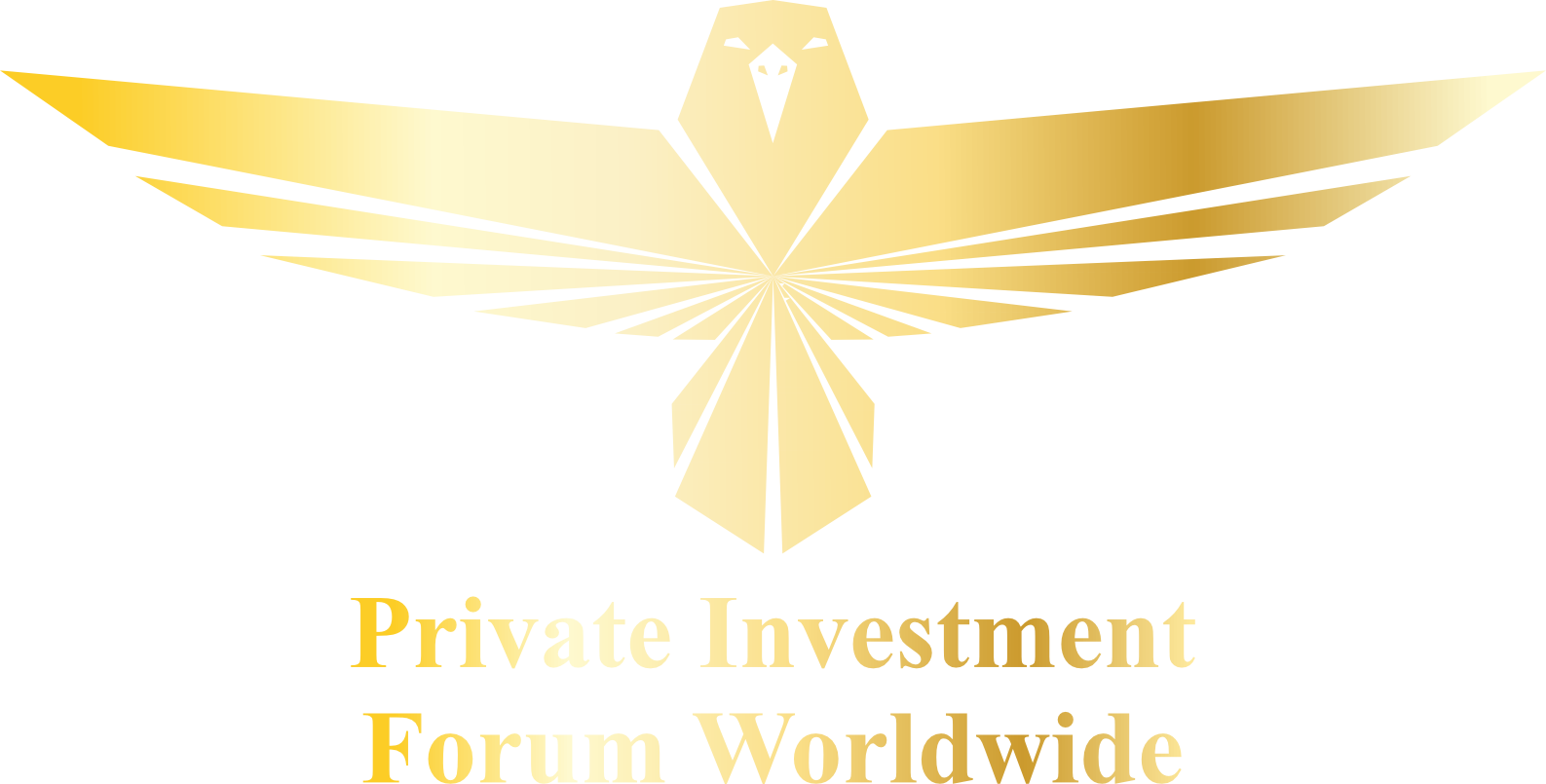
Introduction
What are the signs of a bad investment? Identifying them can be as simple as asking yourself three key questions. This method helps in separating good investment opportunities from bad ones. For instance, let’s look at Webvan, an infamous example of a failed investment from the dot-com era. In 1999, Webvan was valued at $1.2 billion, but just two years later, it went bankrupt. The reason for this failure was due to Webvan expanding too fast before it had really succeeded in its first market, illustrating a common error among startups: excessive growth without establishing a stable foundation. Additionally, this example highlights the importance of thorough vetting, especially for investors in large U.S. venture capital funds who encounter thousands of pitches annually, ranging from 2,000 to 5,000. Not all these opportunities are viable, reinforcing the need for discernment in investment choices.
1 – Is it a suitable and appropriate investment option?
According to Dhirendra Kumar, the CEO of Value Research, one main reason Family Offices might be disappointed with their investments is if they choose options that aren’t a good fit for them. It’s crucial to remember the high risk associated with investing in startups. Various studies show that about 75-90% of startups don’t succeed; in fact, 75% of startups that receive venture capital funding fail, and this failure rate is similar across various sectors, including fintech and tech startups, with only about 10% of startups truly succeeding. The IT industry faces the highest failure rate, with a 63% failure rate. These statistics underline the importance of careful selection and thorough research before investing.
Guneet Banga, the Executive Director of The Caravel Group in Hong Kong and a member of the Global Investment Leaders Club, suggests asking three essential questions to evaluate an investment: Does the idea have the potential to positively impact society? Could the industry be transformed if this idea is adopted globally? And are the founders committed to excellence, both in terms of being the best in their field and benefiting the world? If the answers to these questions are positive, then the investment deserves a closer look. Asking such questions before investing can help ensure a cautious and informed investment strategy.
2 – Does it have the traits that make a good investment?
Good investments usually have a few important things in common: they are likely to last for a long time, they are easy to sell when you need to (liquid), and they are diversified. Studies have shown that when you invest in things that are meant to last for a long time, you don’t have to check your investments as often, and it’s easier to stick to your long-term financial plans. Also, putting money into liquid funds such as money market accounts, treasury bills, or certain mutual funds, which are easy to convert into cash, tends to be safer in terms of interest rate risks. This safety comes from being able to quickly sell these investments and having them spread out in different areas, which lowers the overall risk
Craig Astill, who is the CEO at Caason Group in Australia, talked about this at a Global Investment Leaders Club meeting. He said that a good investment matches what you believe in and care about in your business. It should also offer clear, long-term benefits and make the investment experience positive and meaningful. So, it’s important to remember that even if an investment looks good on paper, it might not be a good choice if it doesn’t have these important qualities: long-term stability, easy to sell and diversification. If an investment is missing these, it might be better to think twice before going ahead with it.
3 – Is it what the market needs?
Paying close attention to what the market needs is often a key factor in making a good investment. By aligning your investments with these needs, you can increase your chances of success.
Successful Case: Guneet Banga shared his experience with a successful investment in a young Indian entrepreneur who recognized a specific market need in India. He observed the poor air quality in the country and developed air purification technology. This technology, suitable for both homes and industrial sites, removes carbon from the air and significantly improves the quality of the environment where it’s installed. It proved to be very lucrative.
Investments in projects that not only meet market demand but also bring innovative solutions, like this air purifier, are likely to be very successful.The most effective way to achieve good investment returns is to steer clear of the wrong types of investments. Sometimes, certain investment ideas or projects may seem appealing initially but could end up costing more than anticipated. However, by heeding the advice mentioned earlier, you can sidestep many of the investments that might otherwise lead to disappointment.
Conclusion
Making wise investment decisions requires a blend of careful analysis, awareness of market needs, and alignment with long-term business values. By focusing on investments that are viable in the long term, liquid, and diversified across various markets, investors can mitigate risks and enhance the potential for success. This understanding can be deepened by attending events and gatherings, such as the ones held by the Global Investment Leaders Club, where there’s an opportunity to exchange experiences, discuss past successes and failures, and gain insights from active investors, decision-makers and industry leaders. To attend such gatherings, be sure to check our schedule and register for one of our upcoming events.
Mersin Capollari, Founding Partner at Besimi Ventures, US: “Over the past year, I have had the pleasure of attending these meetings, and I must say that I have thoroughly enjoyed them. The individuals in attendance engage in stimulating conversations, and I have had the opportunity to meet some truly exceptional people. In addition, the connections made at these gatherings have been invaluable, and the business models discussed are of the highest quality. I have always come away from these meetings with something of value, whether it be a promising investment opportunity or a meaningful new relationship.“











